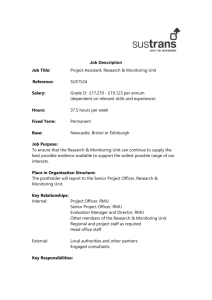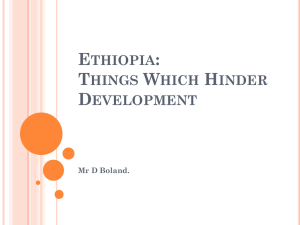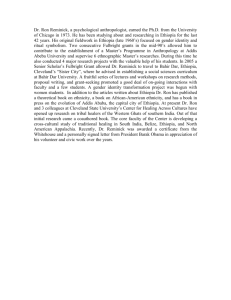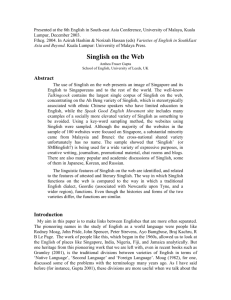MTV`s Geordie Shore `prompts rowdy Scots on trains` Rowdy
advertisement
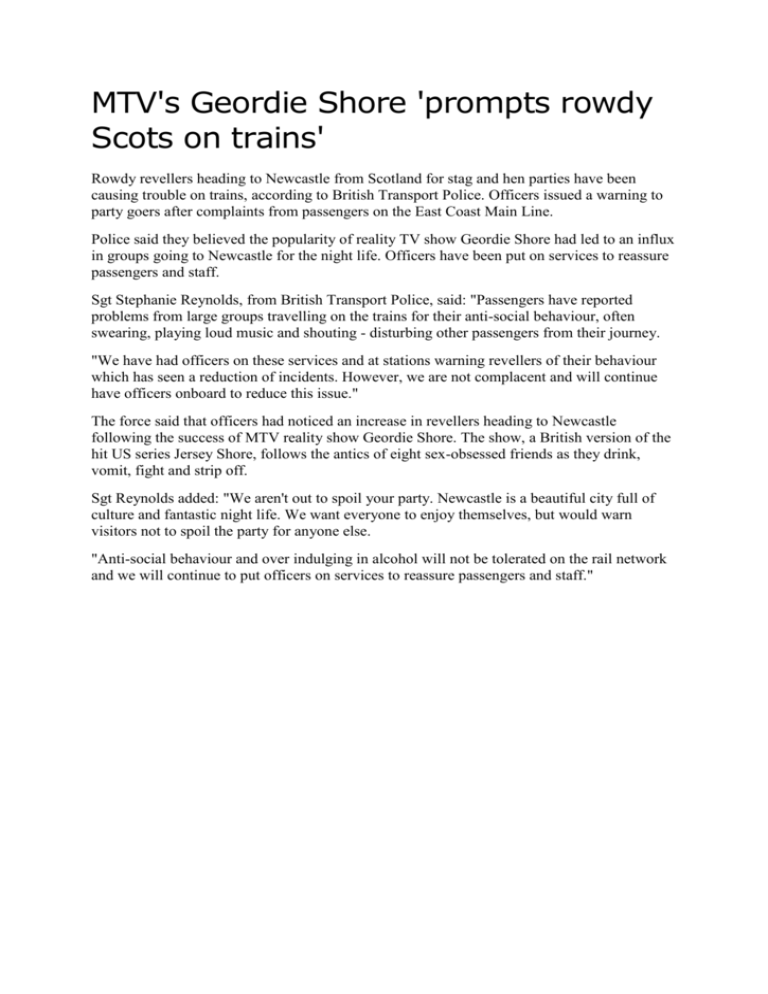
MTV's Geordie Shore 'prompts rowdy Scots on trains' Rowdy revellers heading to Newcastle from Scotland for stag and hen parties have been causing trouble on trains, according to British Transport Police. Officers issued a warning to party goers after complaints from passengers on the East Coast Main Line. Police said they believed the popularity of reality TV show Geordie Shore had led to an influx in groups going to Newcastle for the night life. Officers have been put on services to reassure passengers and staff. Sgt Stephanie Reynolds, from British Transport Police, said: "Passengers have reported problems from large groups travelling on the trains for their anti-social behaviour, often swearing, playing loud music and shouting - disturbing other passengers from their journey. "We have had officers on these services and at stations warning revellers of their behaviour which has seen a reduction of incidents. However, we are not complacent and will continue have officers onboard to reduce this issue." The force said that officers had noticed an increase in revellers heading to Newcastle following the success of MTV reality show Geordie Shore. The show, a British version of the hit US series Jersey Shore, follows the antics of eight sex-obsessed friends as they drink, vomit, fight and strip off. Sgt Reynolds added: "We aren't out to spoil your party. Newcastle is a beautiful city full of culture and fantastic night life. We want everyone to enjoy themselves, but would warn visitors not to spoil the party for anyone else. "Anti-social behaviour and over indulging in alcohol will not be tolerated on the rail network and we will continue to put officers on services to reassure passengers and staff." Ethiopia drought: UK pledges £38m in food aid The UK has pledged £38m ($61m) in food aid to drought-hit Ethiopia - enough to feed 1.3m people for three months. International Development Secretary Andrew Mitchell said the World Food Programme cash would also treat 329,000 malnourished children and mothers. The African country faces its worst drought for a decade with an estimated 3.2m people in need of emergency aid. The UN has called for international aid across the Horn of Africa where 10 million people are affected. Some areas have suffered the worst drought in 60 years and the UN now classifies large areas of Somalia, Ethiopia, Djibouti and Kenya as in a crisis or an emergency. Mr Mitchell warned that other countries across the world must give money if a full-scale disaster was to be avoided. "Through no fault of its own, the Horn of Africa is experiencing a severe drought caused by the failed rains," he said. "Britain is acting quickly and decisively in Ethiopia to stop this crisis becoming a catastrophe. We will provide vital food to help 1.3 million people through the next three months. This situation needs an international response and Britain is calling on the international community to provide fast, effective relief." Oxfam welcomed the announcement and said the money could not come soon enough. Humanitarian director Jane Cocking said: "There are already critical and life-threatening food shortages in Ethiopia and across the Horn of Africa region. Two successive poor rains have left millions of people struggling to get food as hundreds of thousands of livestock have died and crops have failed. The Catholic Agency For Overseas Development (Cafod) said thousands of people were migrating in search of food but with nowhere better to go. Director Neil Thorns said: "There is nothing on the horizon that will improve that picture, and every indication it will get much, much worse." He said small contributions from members of the public can "literally be the difference between life and death over the coming weeks". Brazil's Amazon settlers 'scratching out a living' Even though the trees here are probably the best-protected anywhere on earth - at least in theory - someone is still cutting them down and burning them. For several years now, the Brazilian government has insisted that the rate of deforestation in the Amazon has declined sharply. But earlier this year, it suddenly jumped again, to a rate five times higher than last year. These trees play a vital part in the management of global weather patterns. They absorb carbon dioxide, which otherwise would contribute to climate change. That is why Brazil is under pressure to protect the forest. 'Villains' Waldemar Vieira Neves understands that but he says there are other considerations as well. He is what is known in Brazil as an Amazon settler and, the way many people see it, it is the settlers who are the biggest threat to the survival of the rain forest, burning down trees to clear more land for their cattle. Waldemar is a small, wiry man, 64 years old, with sharp features and a deep sense of grievance. "I know everyone thinks we're villains," he says. "But what people don't understand is how hard we have to work to scratch out a living." We were talking in a small clearing in the forest. He has lived there for 12 years, ever since the government offered him the opportunity to start a new life as an Amazon settler. He used to live in the far north-east of Brazil, with no land and not much hope. So, like tens of thousands of other settlers, he took the opportunity and did what the government wanted him to do - made a new home for himself in the forest and cleared the trees. Law breakers Brazil's laws on deforestation are extremely strict. No-one who farms in the rainforest is supposed to be allowed to cultivate more than 20% of the land he owns. The rest has to be left untouched, as a way of preserving the forest and protecting the environment. But sometimes, says Waldemar, people feel they have to break the law. What else can you do if there is no other way to survive? The settlers complain that they need more help in finding ways to make a living while keeping on the right side of the law. They say they need education, not punishment, if the government wants them to farm the land but protect the trees at the same time. Cost of Euro mobile roaming falls The cost of making and receiving mobile phone calls while travelling in Europe has come down again. From today, operators cannot charge more than 32p per minute (plus VAT) for outgoing calls, and 10p per minute (plus VAT) for incoming calls. The new tariffs are the latest in a series of annual price reductions forced on the mobile industry by the European Commission. Brussels has said it aims to equalise roaming and domestic charges by 2015. Price regulation was introduced in 2007 by the then commissioner for information society and media, Viviane Reding. Since then, the maximum call charge has been reduced by approximately 6% per year. A group of UK mobile operators - O2, Vodafone, Orange and T-Mobile - attempted to challenge the Commission's price-cutting agenda, taking their case to the European Court of Justice. However, their complaint was dismissed in June 2010. Along with the lower rates for phone calls, the commission also reduced the wholesale rate of mobile data from 80 euro cents (72p) to 50 euro cents (45p) per megabyte. Whereas the price cap on voice calls applies directly to the way consumers are billed, the data changes only affect what operators charge each other. There is an expectation, rather than obligation to pass on the savings. Operators are compelled to place a 50 euro (£45) cap on users' data consumption, in order to avoid unexpectedly high bills. Customers who wish to continue their data roaming can request to have the limit removed.

